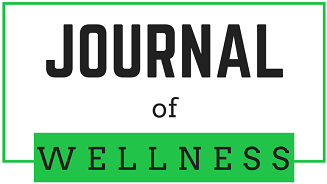
Abstract
The brain-death exam is one of the most sensitive undertakings for a physician, especially a neurologist, because of its social and legal implications. It is the vital examination establishing a clear lack of meaningful vitals, allowing a family to mark the end of a journey and a life finally complete. Physicians who perform and establish this death-decision must ensure they are au courant with the family's sentiments and concerns. It would behoove this obligated physician to bear in mind that it is a human being who will go through this invasive and rough exam. This comatose person is a father / mother, a child to another, a sibling to someone else, a spouse, and likely a life support for many. Those interested souls may be observing this exam; thus the greatest discretion and prudence is necessary. Though this exam is a repetition, the thought process that commences upon entering each room is distinct unto itself — much like the patient's unique life story, inevitably ending with this examination.
DOI
10.55504/2578-9333.1119
Recommended Citation
Yousaf, Muhammad Ismail Khalid
(2022)
"The Last Conversation,"
Journal of Wellness: Vol. 3
:
Iss.
3
, Article 6.
DOI: https://doi.org/10.55504/2578-9333.1119
Available at:
https://ir.library.louisville.edu/jwellness/vol3/iss3/6
Included in
Creative Writing Commons, Educational Assessment, Evaluation, and Research Commons, Medical Humanities Commons, Nervous System Diseases Commons, Nursing Commons, Philosophy Commons
